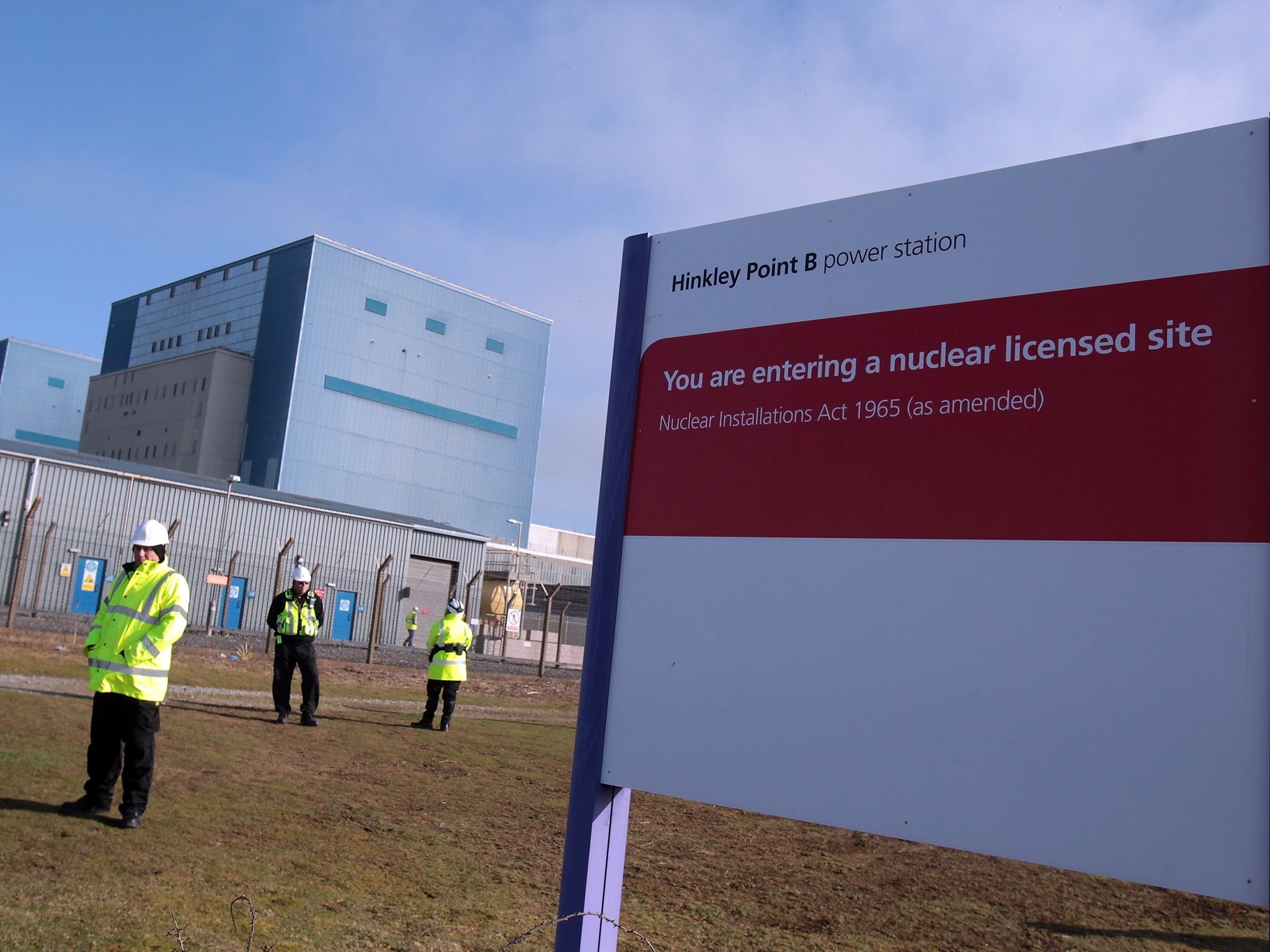Alarm over Government’s growth mandate for nuclear regulator
Last year, non-economic regulators were handed guidance entitled “Duty to have regard to growth” by the Department for Business, Innovation & Skills

Anti-nuclear campaigners fear regulators have been forced to cosy up to the industry and sacrifice some of their safety responsibilities as a result of government changes to their role.
At a meeting in Manchester last week, executives from the Office for Nuclear Regulation (ONR), which oversees civil reactors and decommissioning, told representatives from NGOs that they now have to encourage the industry’s economic growth in addition to promoting safety.
Last year, non-economic regulators were handed guidance entitled “Duty to have regard to growth” by the Department for Business, Innovation & Skills (BIS), but this still requires secondary legislation to come into force. The Government also introduced a Regulators’ Code, which asks them to support the growth of those businesses they oversee.
Attendees told The Independent they were immediately concerned that this could mean loosening safety procedures if it stifled work in an industry that is set to boom in the coming years.
The Chinese signed an agreement last month to take a one-third stake in the £24bn Hinkley Point C on the Somerset coast, the country’s first plant since the 1990s. Hinkley is expected to kick-start a fleet of new nuclear reactors, including Sizewell C in Suffolk and Wylfa in north-west Wales. Existing plants generate about 18 per cent of Britain’s electricity, but those that are still operating are close to the end of their working lives.
Many critics were already worried that the ONR’s formal split from the Health & Safety Executive last year would undermine its focus on safety.
But they believe the BIS’s guidance could create problems when the ONR has to choose between forcing caution on hazardous jobs, or letting contractors move quickly to prevent the costly backlogs that have hurt projects such as the £70bn-plus decommissioning of the Sellafield nuclear facility in Cumbria.
The guidance states: “Those exercising regulatory functions should consider the economic impact that their actions are likely to have on individual businesses, and where appropriate, industry sectors.”
The guidance also says “the growth duty does not automatically take precedence over or supplant existing duties held by regulators”, but believe safety regulators should have to take account of growth.
Professor Andy Blowers, who chairs the Blackwater Against New Nuclear Group that opposes plans for a new reactor in Essex, said: “There’s a kind of dichotomy here, possibly a conflict, between regulating and accelerating [industry growth].” Another attendee, nuclear expert Dr David Lowry, warned that the ONR seemed to be getting “too close” to the industry.
He added: “The ONR needs to stand up to Government pressure to act as an arm of the nuclear cheerleaders at the Treasury now making all the nuclear decisions, and carry on implementing the robust UK nuclear safety rules. Nuclear industry regulation is totally unsuitable to the Business Department’s misguided crusade to cut red tape in regulations.
“During the Manchester meeting, the ONR seemed to be dangerously edging towards the corporate financial interests of the nuclear industry rather than the public interests of ensuring national nuclear safety.”
A BIS spokeswoman said: “This policy is about getting regulators to consider economic growth in their decision making, where appropriate. Clearly, it would not prevent effective and robust regulation to maintain the highest safety standards.”
A spokeswoman for the ONR added: “Our core purpose is nuclear safety and security and that is always ONR’s priority.”
The ONR needs to stand up to Government pressure to act as an arm of the nuclear cheerleaders
Subscribe to Independent Premium to bookmark this article
Want to bookmark your favourite articles and stories to read or reference later? Start your Independent Premium subscription today.

Join our commenting forum
Join thought-provoking conversations, follow other Independent readers and see their replies